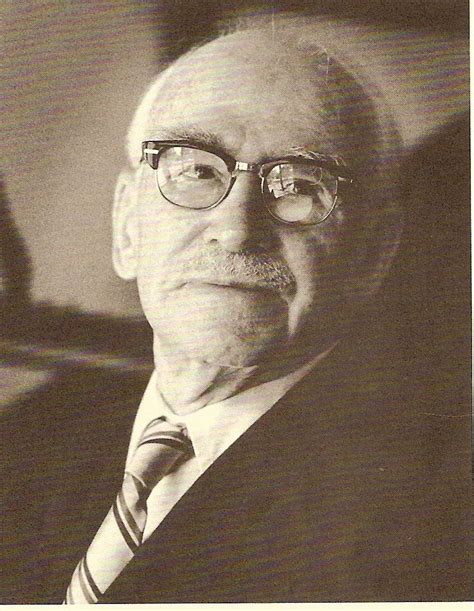A Quote by Benjamin Whichcote
Those who live not by law would be justified by Custom: but, as common practice is the worst teacher that ever was, so the truth and goodness of things is not to be estimated by the entertainment and acceptance they find in the world.
Related Quotes
Presidents, leaders, to be effective have to represent the whole to the parts and to the world outside. They may live in the centre but they must not be the centre. To reinforce the common sense they must be a constant teacher, ever travelling, ever talking, ever listening, the chief missionary of the common cause.
Were the judgments of mankind correct, custom would be regulated by the good. But it is often far otherwise in point of fact; for, whatever the many are seen to do, forthwith obtains the force of custom. But human affairs have scarcely ever been so happily constituted as that the better course pleased the greater number. Hence the private vices of the multitude have generally resulted in public error, or rather that common consent in vice which these worthy men would have to be law.
A convention is a social pattern we have chosen to prefer over whatever the raw world simply proffers. It is a sign of the operation of the mind, drawing the assent of a sufficient number of other minds so that the agreement will be widely operative. A convention is not a custom; a custom is a habit in which a sufficient number acquiesce. A custom can appear as a convention, but it is really a lesser act, the result of passive acceptance rather than of the imposition of design. It is the difference between learning to live by the annual flooding of the river or by a calendar.
Dubai was brilliant, they looked around the world. They saw Hong Kong, Singapore, New York, Chicago, Sydney, London all ran British common law. British common law is much better for commerce than is French common law or sharia law. So they took 110 acres of Dubai soil, put British common law with a British judge in charge, and they went from an empty piece of soil to the 16th most powerful financial center in [the] world in eight years.
If I'd loved my chemistry teacher and my maths teacher, goodness knows what direction my life might have gone in. I remember there was a primary school teacher who really woke me up to the joys of school for about one year when I was ten. He made me interested in things I would otherwise not have been interested in - because he was a brilliant teacher. He was instrumental in making me think learning was quite exciting.
We lump together all things that are beyond the capacity of all of us collectively to understand-and one name we give to all those things together is God. Therefore, God is the creative force, the sustaining power, that which motivates toward constant change, the overall intelligence which governs the universe by physical and spiritual law, truth, love, goodness, kindness, beauty, the ever-present, all-pervading essence or spirit, which binds everything in the universe together and gives to everything in the universe.
I was the worst teacher you have ever imagined - not that we did not have fun. We had a ton of fun. We just did not learn any scripture. I would think all week long what could I talk about on Sunday, and then I would scramble on Saturday to find some kind of scripture to go with it. This was my teaching.
Chronological snobbery is the uncritical acceptance of the intellectual climate common to our own age and the assumption that whatever has gone out of date is on that account discredited. You must find why it went out of date. Was it ever refuted (and if so by whom, where, and how conclusively), or did it merely die away as fashions do? If the latter, this tells us nothing about its truth or falsehood.









































